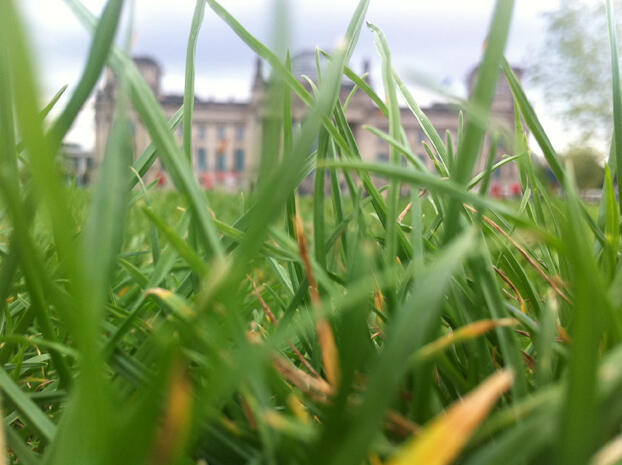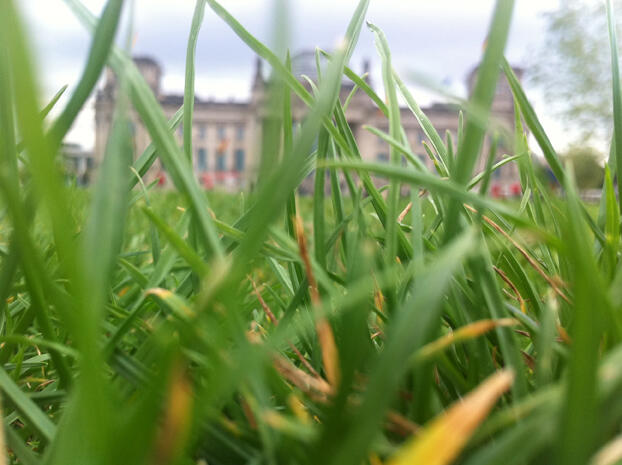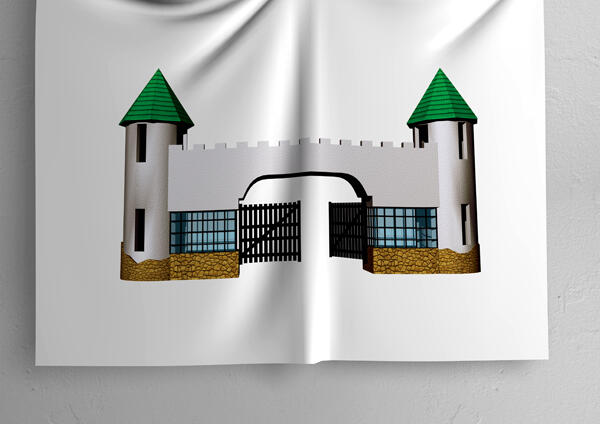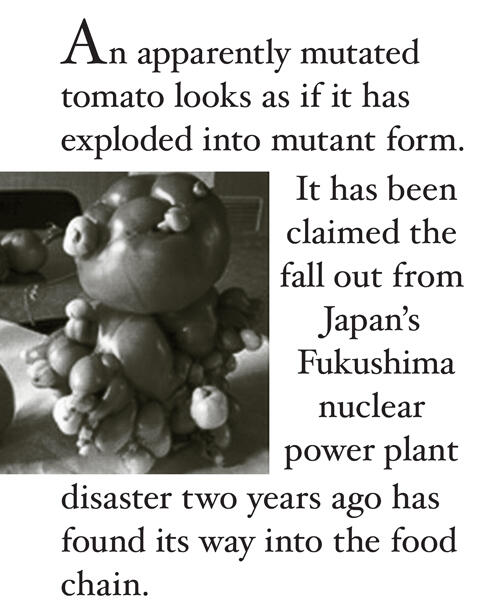_Phylogeny of generosity_ an exhibition around this virtue in Prinzessinnengarten, Berlin
The Office of Aesthetic Occupation and Helena Producciones have teamed up to initiate a provoking event which explores the development of forms and kinds of generosity in the beginning of the 21st century at the Prinzessinnengarten: a community garden/ socially engaged space located in Kreuzberg, Berlin, Germany.

Prinzessinnengarten’s potential as an outdoor exhibition space for contemporary art will be actualized by twenty-five international artists working in a variety of media such as: 1. Outdoor sculpture and Painting 2. Performance Art (musical, poetical, spoken-word, cinematic and cooking) and 3.Socially engaged practices.
The participant artists in The Phylogenesis of Generosity („Die Phylogenese der Freigiebigkeit“)are: Aleatorix, Adriana Arenas, Kader Attia, Elena Bajo, Alicia Barney, Pablo León de la Barra, Sol Calero, Lou Cantor, Carolina Caycedo, Jeremiah Day, Wilson Diaz, Leander Djønne, Eric Ellingsen, Foodgasm, Stephan Geene, Jeppe Hein, Michael Höpfner, Christopher Kline, Alisa Margolis, Ana María Millán, Jonathan Monk, Juan-Pedro Fabra Guemberena, Kirstine Roepstorff, Liz Rosenfeld, Tomás Saraceno, Claudia Patricia Sarria, and Pinar Yoldas.
The exhibition will frame the following questions in regards to the multiplicitous forms of development of generosity especially as it exists today in Berlin. First, the city of Berlin has provided an inexpensive and ‘kind’ environment for habitation of a population of international artist to live and work. Like Paris in the 1920’s, New York in the 1960’s and 1970’s, this has had profound effects on art production and is one of the reasons why Berlin has ascended to the most important city for art in Europe. The special density that this living situation has provoked has created the suitable environment for the flow of new ideas in artistic laboring. But today this generosity is under siege! Under the pressure of politically motivated special interest groups and real estate speculation, general living expenses have increased with as yet unknown consequences for the art community. The Prinzessinnengarten, which through an act of generosity has made this exhibition possible, has felt this stress and until recently was not sure of its own future.
Second, is artistic production generous? Could artistic production as an invention of forms and processes mimic natural processes, so called phylogenesis, to generate a model for how such forms change through history and how new morphologies and shapes of generosity are generated? This is somewhat antithetical to the condition of artistic production oriented to market conditions where the artwork evolves not in the space of the production of munificence but instead in the controlled system of connoisseurship and speculative valorization. Artistic generosity today is a contested space and we want to initiate interventions that reinstate its priorities as a political form of abundant resistance. As such artistic laboring produces objects, forms and relations as complex assemblages that through processes of validation and valorization become constituents of one’s private memories. As these memories are used in the construction of thought generous artistic production has implications for a politically inflected form of contemplation and the imagination.
A newspaper accompanying the exhibition including written contributions by Kimberly Bradley, Philipp Kleinmichel, and Warren Neidich has been designed and contributed by Chiara Figone, Andrés Sandoval Alba and Archive Press.
Exhibition runs: Thursday October 3-Thursday, October 10
Address: Prinzenstrasse 35 – 38 / Prinzesinnenstrasse 15 - 10969 Berlin, Germany U-8 Moritzplatz





